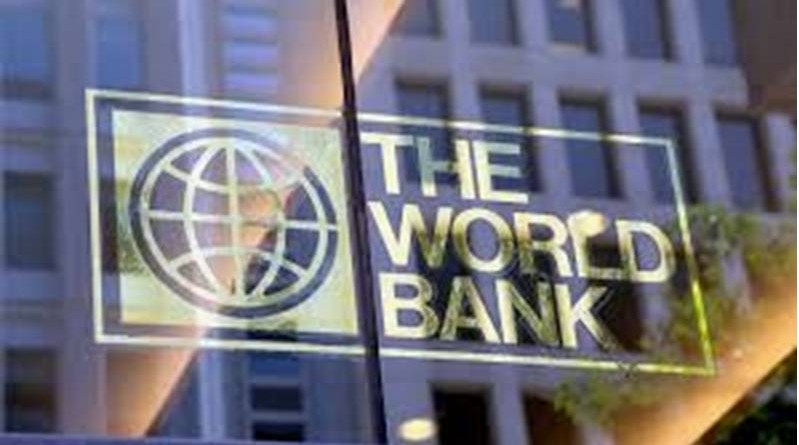COVID-19 Variants, Inflation & Rising Debt Threaten Global Economic Growth, World Bank Warns
As the new COVID-19 strain Omicron is still prevalent, the World Bank announced on Tuesday that the global economic growth will decrease over the next two years as a result of “fresh threats” like COVID-19, inflation, debt, as well as income inequality. According to the World Bank’s latest report, even though the economic growth rebounded well in 2021, it is forecast to fall sharply from 5.5% last year to 4.1% in 2022 and 3.2% in 2023.
As per the Global Economic Prospects report, the COVID-19 outbreak will continue to hamper economic activity in the short term due to the fast spread of the Omicron strain. The World Bank Group’s President, David Malpass said, “The world economy is simultaneously facing COVID-19, inflation, and policy uncertainty, with government spending and monetary policies in uncharted territory,” the UN reported.
Malpass went on to say that increasing inequalities and security issues are particularly destructive to developing nations. He further highlighted the fact that putting more nations on a road to prosperity necessitates coordinated international effort as well as a complete set of state policy solutions.
Growing inflation is putting pressure on monetary policy
According to the UN report, the downturn will occur at the same time when the gap in growth rates between emerging and developed or developing economies widens. Furthermore, significant slowing in large economies, such as the United States and China, will affect foreign demand in emerging and developing nations.
In addition to this, all advanced economies will have fully recovered production by 2023, while production in emerging and developing nations would remain 4% below pre-pandemic levels, the report revealed. The impact will be significantly worse in unstable and conflict-affected countries, with production falling 7.5% below pre-pandemic levels. It will be 8.5% lower for tiny island nations.
Meanwhile, growing inflation is putting pressure on monetary policy, particularly for low-wage employees. Inflation is at its highest levels since 2008, both worldwide and in developed economies, and in the case of emerging markets and developing nations, it has reached its highest level in a decade. Further, three growing hurdles to long-term recovery in developing countries are outlined in the report’s analytical sections. It also contains regional growth forecasts for the following two years.
Decisions of policymakers in the next years will determine the direction of the following decade
The World Bank’s Managing Director for Development Policy and Partnerships, Mari Pangestu, emphasised the significance of multilateral collaboration, stating that the decisions made by policymakers in the next years will determine the direction of the following decade. She further added that the first objective should be to guarantee that vaccinations are distributed more extensively and fairly in order to bring the outbreak under control. “But tackling reversals in development progress such as rising inequality will require sustained support,” she said.




